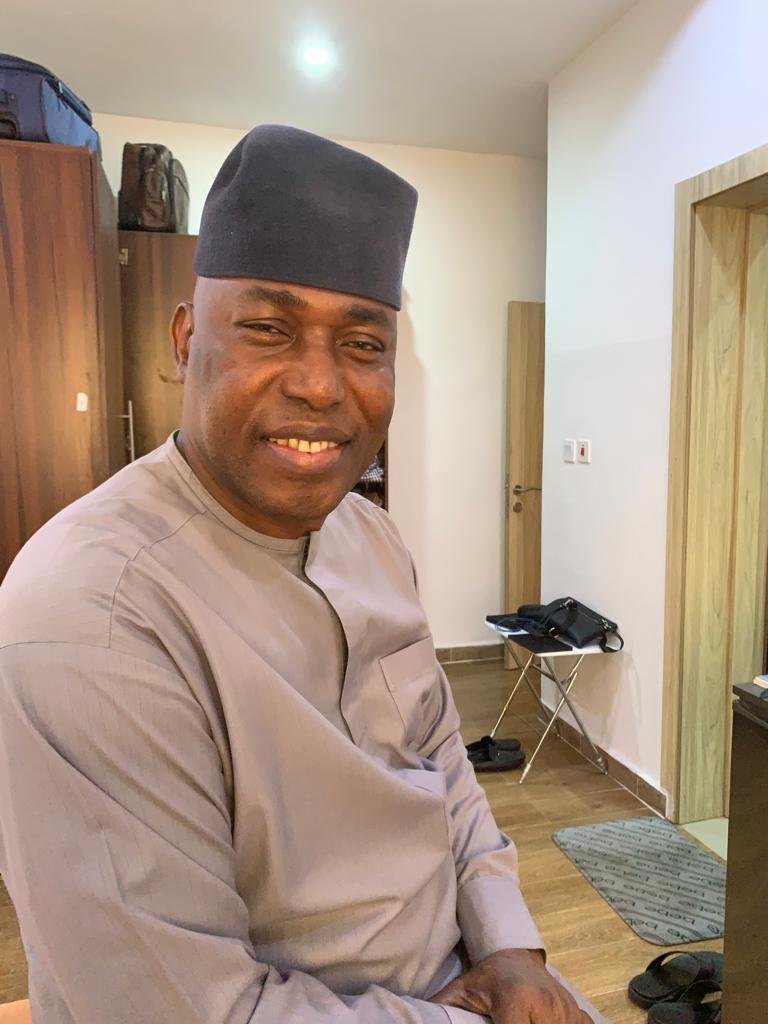IN order that the current euphoria over the reintroduction of students’ loan scheme may not be another post-inauguration gimmick that is just full of sound and fury signifying nothing, the new administration that is beginning to gain attention from some actions so far, should pay significant attention to fixing education beyond the student loan meretricious distraction. The reasons are not too far to seek.
First, if the President can look beyond his political party, mobilise all the governors to make the issue of fixing the education broken walls a priority, the world will begin to pay attention to Africa’s most strategic nation again. The critical challenge in education isn’t about getting the so-called indigent students of tertiary education to have access to education, there are issues too with fixing infrastructure and welfare and wellbeing of teachers. I have been writing on this since 2016 and I will just rejig some of my thoughts on this platform since 2016. Doubtless, we need to encourage our new leaders to fix their bureaucracies to be able to do what bureaucracies did and succeeded before we lost our country to bandits in power even before the 1999 constitution.
Let’s not get it twisted, there are still sound intellectuals here that can assist the ‘New Sheriffs in Town’ (the president and governors) to restore the paradise we lost in education quality from basic education to university levels. All the institutions of governance including university administrators need is discipline of enforcement of extant laws, rules and regulation. Strong institutions can only come through strict adherence to existing rules. At the moment, there is anarchy in the critical sector.
In October 2017, I did a serial on ‘Shortlist for Fix-Nigeria 2019’. In the course of writing the serial, I deconstructed Education Quality as a critical success factor for the country.
I wrote, for instance that: ‘…we need to consider some issues that are germane to making Project 2019 a desideratum… we need to encourage our leaders at all levels who can still use the so-called mandate we gave them in 2015 before the cock crows at the dawn of May 29, 2019, to consider one thing needful even as they go into re-election politics. The one thing needful is attention to quality in education from primary to university level. But for the need to avoid confusion in this contextual analysis of what we need to sustain our nomination as the leader of the black race, I would have suggested to President Muhammadu Buhari and his party chiefs that they should pay attention to restructuring and education quality alone….’
I had earlier suggested the attention-to-education quality issue to the then President Buhari on this page when I specifically mooted the idea that he should just focus on restructuring Nigeria politically as most people would want him to do then. I had then argued that Nigerians would remember him as a leader ‘who changed Nigeria from redundancy to abundance.’ Remember as I had reported here in this same context, that it was the iconic Nelson Mandela who nominated Nigeria to lead the black race in this new world when he (Madiba) was quoted as saying, “The world will not respect Africa until Nigeria earns that respect. The black people of the world need Nigeria to be great as a source of pride and confidence.”
I continued then that: ‘But considering the way the world is now being constantly shaped by the power of disruptive social technologies, we should not be tired of reminding our leaders daily too that if they really want to rebuild the country’s broken walls, construct critical infrastructure, create more jobs, fight poverty and inequality, fight criminality and insurgency, confront the bogey of agitation, among others and have their eye on country and global competitiveness, the thing to invest in is education quality.
I am fully persuaded that the only known modern weapon of achieving sustainable competitiveness is attainment and sustenance of education quality. Though this may not be a good campaign slogan in a country ravaged by material, moral and spiritual poverty, I still believe that those who would like to fix Nigeria tomorrow should begin to gather all kinds of resources on how to fix education in Nigeria. It is not going to be easy; it is expensive but it is the right thing to do. I have devoted more than half of the articles here to this campaign but no one seems to be listening. I will not rest about this thing called education quality until something happens.
The first major article on this (June 4, 2016) was titled, “Why we need better universities, not more” (https://guardian.ng/opinion/why-we-need-better-universities-not-more/.
It was followed by another on June 11, 2016 titled, “Better universities will lead to Nigerian exceptionalism” (https://guardian.ng/opinion/better-universities-will-lead-to-nigerian-exceptionalism/. The third in the series was on June 18, 2016 titled, “Better Universities will trigger organisational learning” (https://guardian.ng/opinion/better-universities-will-trigger-organisational-learning/.
In the same vein on August 13, 2016, I wrote to draw attention of the federal government’s complacency about the plight of Law graduates of the National Open University of Nigeria (NOUN) who were still not being admitted into Nigerian Law Schools in this big data age when education is fast getting out of the classrooms. I had asked then why the federal authorities that created the school (NOUN) should be loitering about NOUN accreditation to Law School when the U.K National Open University enrols students for even Medical Sciences. The article, “Before Legal Education Council Ruins Open University’. (https://guardian.ng/opinion/before-legal-education-council-ruins-open-university/ received rave reviews. That was one issue the Buhari administration attended to as the Obasanjo legacy, NOUN has been accredited to get Law School admission.
Oloja is former editor of The Guardian newspaper and his column, Inside Stuff, runs on the back page of the newspaper on Sundays. The column appears on News Point Nigeria newspaper on Mondays.







